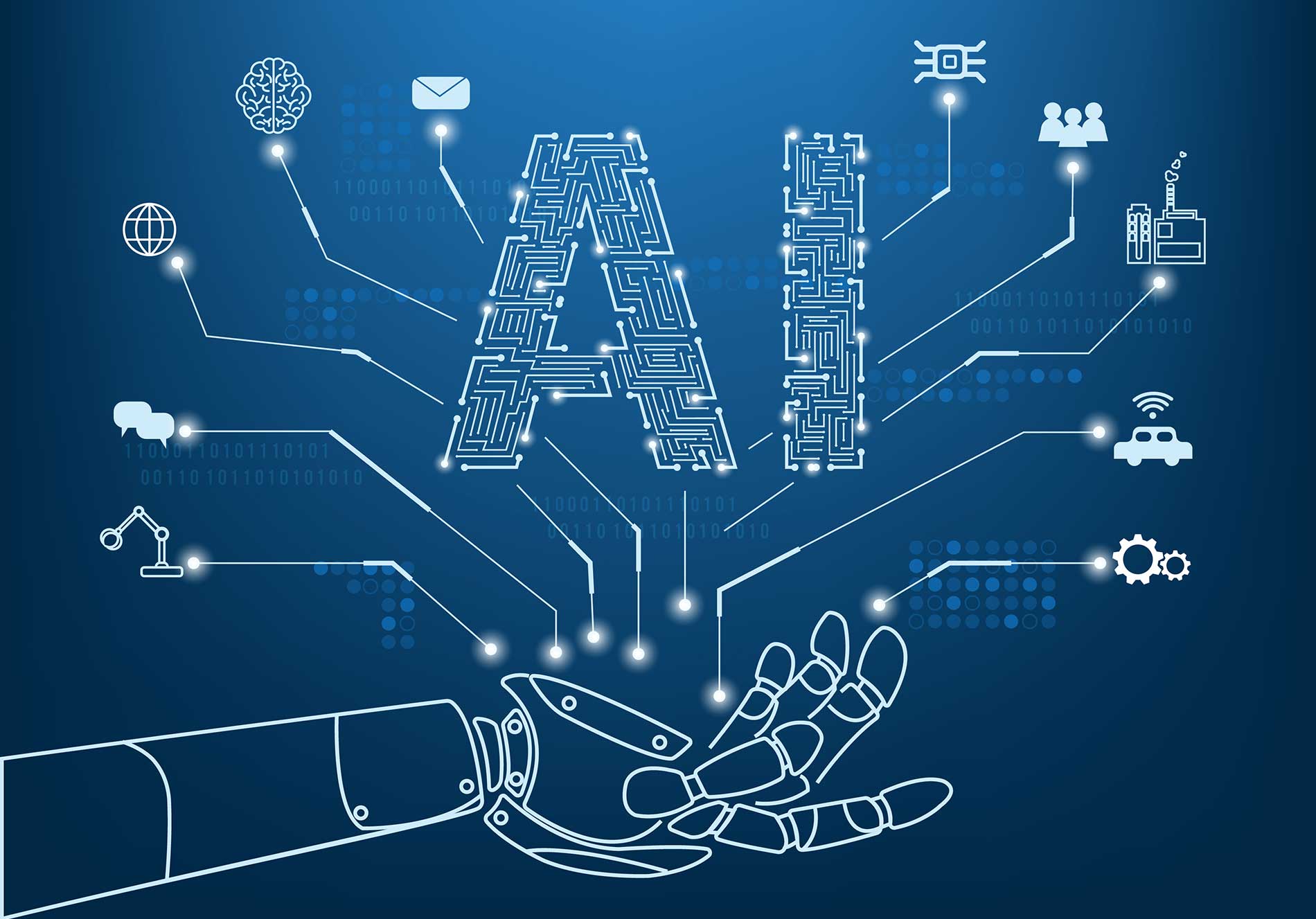Artificial Intelligence (AI) coaching tools have become an invaluable resource for individuals and organizations looking to enhance their learning, improve productivity, and achieve their development goals. These tools leverage AI algorithms to provide personalized learning experiences, real-time feedback, and actionable insights.
What Are AI Coaching Tools?
AI coaching tools utilize artificial intelligence to offer personalized learning experiences tailored to the user’s specific needs and goals. These tools analyze data about an individual’s learning habits, preferences, strengths, and weaknesses to create a customized learning path. The AI coaching system then adjusts this path based on the user’s progress, providing a dynamic and adaptive learning environment. This approach not only saves time but also enhances the learning process by focusing on areas that require the most attention.
Artificial intelligence coaching tools can be applied across various domains—from skill development and professional training to academic studies. They go beyond traditional learning management systems by incorporating AI-driven elements that analyze user behavior, engagement, and performance. By continuously learning from the data, these tools become smarter over time, offering more refined guidance and recommendations as the user advances.
The Benefits of AI Coaching Tools
Personalized Learning Paths
AI coaching tools create individualized learning paths that are aligned with the user’s goals and current skill level. This means users spend less time on subjects they already know and focus more on areas that need improvement. This tailored approach not only accelerates learning but also ensures that users make the most of their study time.
Data-Driven Insights
One of the key advantages of Artificial intelligence coaching tools is their ability to analyze data and provide actionable insights. These tools track user progress, identify learning patterns, and highlight areas of strength and weakness. For instance, they can detect if a user is struggling with a particular concept and provide targeted exercises or resources to address the issue. This data-driven approach allows learners to understand their learning styles better and adjust their strategies accordingly.
Improved Efficiency
AI coaching tools automate many aspects of the coaching process, such as tracking progress, suggesting resources, and providing feedback. This automation saves users time and effort, allowing them to focus on learning rather than administrative tasks. The AI system’s ability to adapt and personalize the learning experience ensures that users receive the most relevant content and guidance, making the learning process more efficient.
Real-Time Feedback
Real-time feedback is a critical component of effective learning. Artificial intelligence coaching tools can immediately identify mistakes and provide instant corrective feedback. This is particularly beneficial for mastering complex skills where immediate response and correction are crucial. For instance, if a user is practicing a coding exercise, the AI can give immediate feedback on syntax errors or logical mistakes, enabling quicker learning and error correction.
Accessibility and Convenience
AI tools are accessible from virtually anywhere, whether at home, in the office, or on the go. This flexibility allows users to learn at their own pace and fit study sessions into their daily routines. Whether it’s a quick check-in during a commute or a dedicated study session at home, Artificial intelligence coaching tools make learning more convenient and adaptable to individual schedules.
How to Choose the Right AI Coaching Tool
With numerous AI tools available in the market, selecting the right one can be challenging. Here are a few key factors to consider:
1. Your Learning Goals
Begin by clearly defining what you want to achieve with an AI coaching tool. Are you aiming to develop specific technical skills, improve productivity, or gain knowledge in a particular subject? Understanding your goals will help you narrow down your options and choose a tool that aligns with your objectives.
2. Features and Functionality
Different AI coaching tools offer varying features and functionalities. Some may focus more on data analysis and reporting, while others emphasize personalized content or interactive learning experiences. Choose a tool that aligns with your learning style and goals. For instance, if you value detailed analytics and reports, look for tools that provide in-depth data tracking and analysis.
3. Integration with Other Tools
Consider whether the AI coaching tool can integrate with other software or platforms you are already using. Seamless integration ensures a more cohesive learning experience and minimizes disruption in your workflow. Whether you are using project management tools, document-sharing platforms, or other learning resources, compatibility is key.
4. User Interface
The user interface plays a significant role in the effectiveness of any learning tool. A clean, intuitive interface can enhance the learning experience, making it easier to navigate through content and track progress. Look for tools that are easy to use, with features that support your learning style and goals.
5. Cost
Evaluate the cost of the AI coaching tool about the value it provides. Some tools offer free trials, so take advantage of these opportunities to test the tool’s effectiveness and suitability for your needs. Consider whether the investment is worthwhile based on the features, support, and outcomes the tool offers.
Top AI Coaching Tools
Here are some of the leading Artificial intelligence coaching tools that are currently making waves in the market:
- MindMeister: MindMeister offers mind mapping and task management features powered by AI. It helps users organize thoughts, set goals, and track progress. The AI component provides suggestions and optimizations based on the user’s work habits and progress.
- Brainly: Brainly utilizes AI to connect students with peer tutors and experts for help with homework and learning. It leverages AI to match students with the best possible help based on their queries and learning style.
- Knewton Alta: Knewton Alta uses adaptive learning technology to personalize coursework for students. It analyzes student interactions with the content and adjusts the difficulty of assignments to match their learning needs.
- Cognity: Cognity offers AI-driven coaching for professional development. It provides real-time feedback and tailored advice to help users excel in their careers. The tool’s focus on professional skills makes it an excellent choice for individuals looking to advance in their fields.
- Lingoda: Lingoda uses AI to deliver language coaching that adapts to the learner’s progress. It offers personalized lessons, feedback, and resources to help users improve their language skills efficiently.
Conclusion
AI coaching tools have redefined the way we approach learning and skill development. By offering personalized, data-driven insights and real-time feedback, these tools empower users to learn more effectively and efficiently. Whether you’re an individual aiming to develop new skills or a business seeking to streamline training processes, Artificial intelligence coaching tools provide the support needed to achieve your goals. Selecting the right tool that aligns with your learning objectives and integrates seamlessly into your workflow is key to maximizing its benefits.
“Ready to elevate your learning with AI coaching tools? Discover the best options and start your journey today!”










